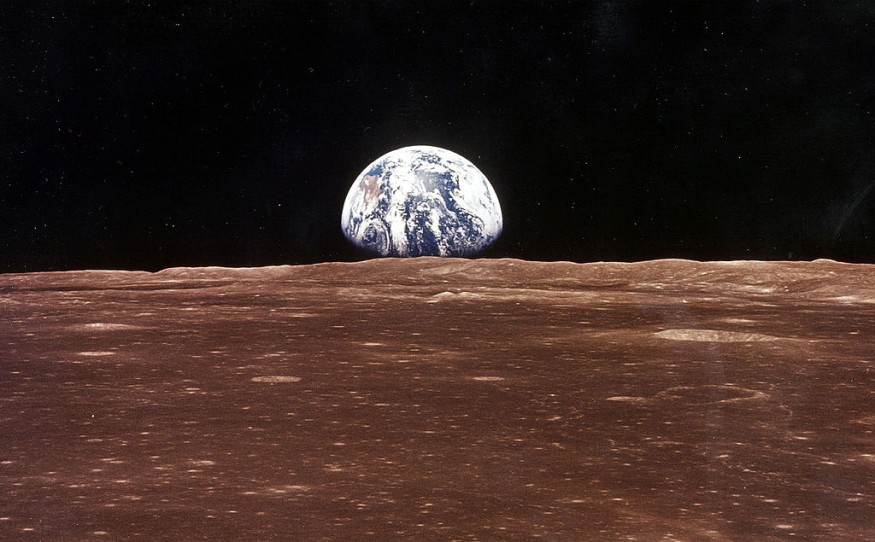The Earth had been spinning on its axis since it formed four and a half billion years ago, and stayed afloat with little to no friction that could stop it from doing so. Due to the vital role rotation plays to our planet's ecology, disastrous consequences may happen if it suddenly stopped.
Rotation explains the days and nights, seasons, and the geomagnetic field. It effectively extends tens of thousands of kilometers into space, protecting our planet from harmful cosmic radiation.
Jacco Van Loon, an astronomer from Keele University in the United Kingdom, explains that should Earth stopped spinning but continue to orbit the Sun, there would be disastrous consequences.
This could bring serious effects on the planet's climate, as days would be warmer, and nights, colder, the astronomer explains in Sputnik News.
"The eastwards and westwards winds, and the winds towards the poles, would meet. They could possibly create huge swirls of wind the size of entire continents," the astronomer notes in Space.com.
Moreover, should it stop spinning, the Earth's magnetic field would stop functioning, exposing the planet to dangerous radiation from space.
Among others, we would also lose astronomical diversity, and we would always be looking out into space with the same constellations in the same direction.

Theoretically, the Earth's rotation could only be stopped if another planet or a large cosmic object crashed into it. If it did stop spinning, there would be several significant changes to life on earth, assuming we survived the impact, as reported in Express news.
Going back, Van Loon warned that Earth cannot be stopped from spinning altogether, but would likely only change the way it spins. Although the moon, the Earth's satellite, is capable of slowing it down.
"This slows down the Earth's spin. It means that Earth's day lengthens by one second every 50,000 years," he explains.
The moon, as the only celestial body that can actively slow down Earth, causes the imbalanced force responsible for the ocean tides. These tides make the oceans bulge out on either side of the Earth and like a wave, pushes against the Earth's spin.
A six-month day
If the Earth did stop spinning, you might imagine being launched off into space. Fortunately, the planet would not lose gravity and we will remain firmly grounded. However, there would be a lot of changes.
"If Earth were to stop spinning but continue to orbit the sun, a 'day' would last half a year, and so would the night. It could warm up much more during the day and cool down much more during the night. This would affect the climate on Earth," Van Loon elaborated.
This means large temperature difference between day and night that would cause strong winds, which would move warm air towards the cooler, nighttime side of the Earth, and even generate continent-sized tornadoes. This is not the case on a spinning Earth since the wind is deflected sideways.
© 2025 NatureWorldNews.com All rights reserved. Do not reproduce without permission.





